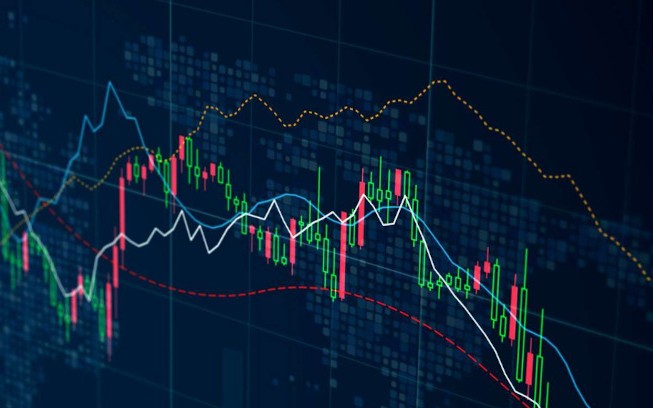
Choosing the Right Forex Trading Broker: A Guide for Traders
The Forex market is one of the largest and most liquid financial markets in the world, attracting traders from all corners of the globe. However, the choice of a trading broker can significantly influence your trading experience and success. Selecting a reliable broker is essential to ensure that your trading activities are secure and efficient. In this guide, we will explore the critical factors to consider when choosing a Forex trading broker, including regulations, trading platforms, and fees. For more detailed insights, you can visit trading brokers forex https://tradingplatform-hk.com/.
Understanding Forex Brokers
A Forex broker serves as an intermediary between traders and the foreign exchange market. Brokers provide access to trading platforms where traders can buy and sell currency pairs. It is vital to recognize that brokers differ in terms of services, costs, and reliability. Thus, understanding the distinct types of brokers is crucial:
- Market Makers: These brokers create a market for traders, providing buy and sell quotes. They often profit from the spread between these quotes.
- ECN Brokers: Electronic Communications Network brokers connect traders directly to other market participants. They often offer tighter spreads and allow trades at market prices.
- STP Brokers: Straight Through Processing brokers send orders directly to liquidity providers, effectively eliminating the dealing desk.
Regulations and Safety
One of the foremost considerations when choosing a Forex broker is regulation. Regulated brokers are required to follow strict guidelines that protect traders’ interests. Some of the most recognized regulatory authorities globally include:
- Financial Conduct Authority (FCA) in the UK.
- Commodity Futures Trading Commission (CFTC) in the USA.
- Australian Securities and Investments Commission (ASIC).
- Cyprus Securities and Exchange Commission (CySEC).
Choosing a broker that operates under a reputable regulatory body means greater safety for your funds and operations. Always check for the broker’s regulatory compliance before opening an account.

Trading Platform and Tools
The trading platform is the software that brokers provide for traders to execute their trades. A good trading platform should be user-friendly, stable, and equipped with advanced trading tools. Some popular platforms include:
- MetaTrader 4 (MT4): Widely used for Forex trading due to its extensive analytical tools and automation capabilities.
- MetaTrader 5 (MT5): The successor to MT4, offering additional features and the ability to trade different asset classes.
- CTrader: Known for its intuitive interface and advanced trading tools, including social trading functionality.
Additionally, consider whether the broker offers mobile trading applications, as this can enhance your trading flexibility.
Costs and Fees

Evaluating the costs associated with trading is crucial for optimizing your profitability. Brokers may charge different fees, such as:
- Spreads: The difference between buying and selling prices, usually expressed in pips. Tight spreads are preferable.
- Commissions: Some brokers may charge a per-trade commission, which can affect overall trading costs.
- Swap fees: Fees applied for holding positions overnight. Depending on the currency pair, these fees can be positive or negative.
Research the fee structures of various brokers and choose one that aligns with your trading strategy and frequency.
Account Types and Leverage
Most Forex brokers offer various account types tailored to different trading styles and capital sizes. When selecting an account, assess the following:
- Minimum Deposit: Check the minimum amount required to open an account.
- Leverage: High leverage can amplify profits but also increase risks. Understand the leverage offered and how it impacts your trading strategy.
Some brokers provide demo accounts, allowing you to practice trading without risking real money. This is a valuable feature for both beginners and experienced traders testing new strategies.
Customer Support
Effective customer support is an essential aspect of a broker’s service. Ensure that the broker offers multiple channels of communication, such as:
- Email support
- Live chat
- Phone support
- Social media interaction
Having responsive customer service can provide peace of mind, especially when issues arise that require immediate attention.
Conclusion
In conclusion, choosing the right Forex trading broker profoundly influences your success in the forex market. Evaluate options based on regulatory compliance, trading platforms, fees, available account types, and customer support. Since each trader has unique needs, take the time to research and choose a broker that aligns with your trading goals and risk tolerance. Making an informed decision will pave the way for a more secure and profitable trading experience.
Final Thoughts
As you navigate the intricacies of the Forex market, remember that the broker you choose is not just a service provider; they are your gateway to the global financial markets. Diligence in selecting the right partner can make a world of difference in your trading journey. Happy trading!